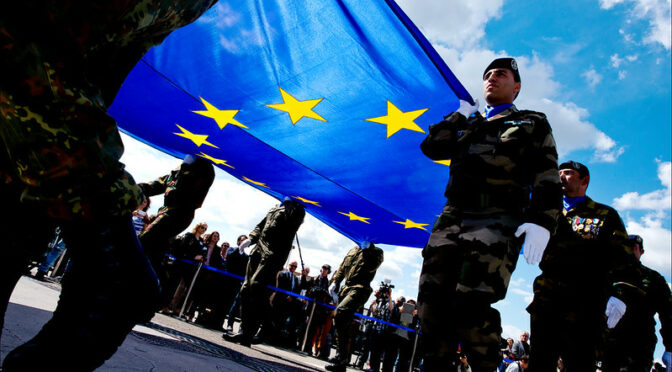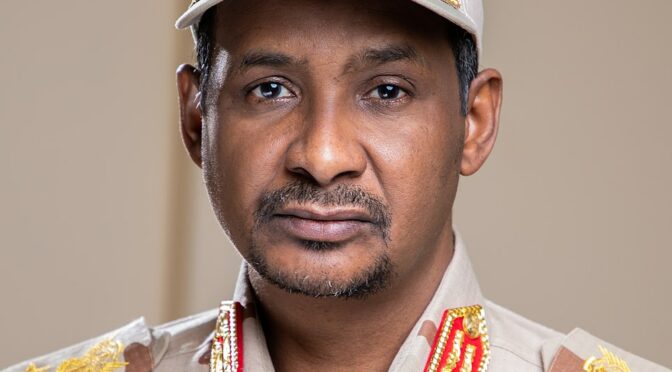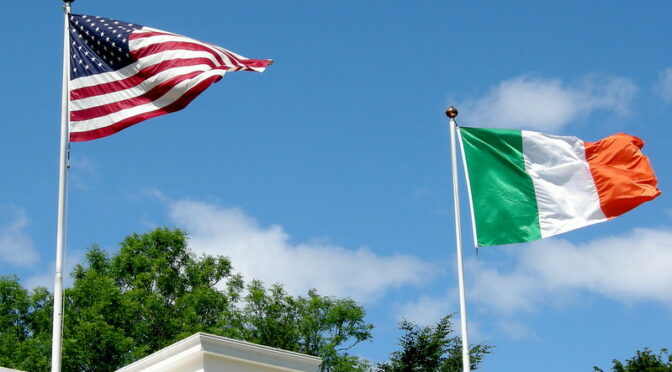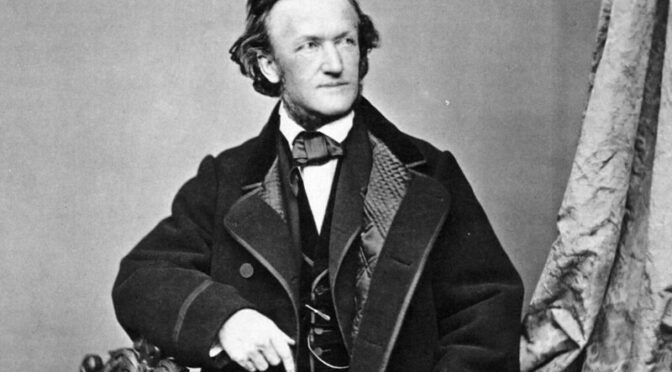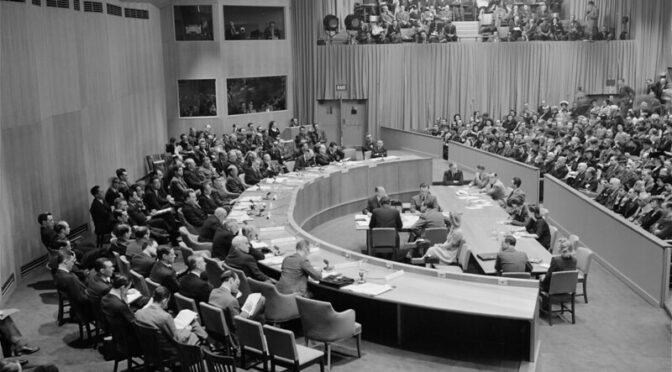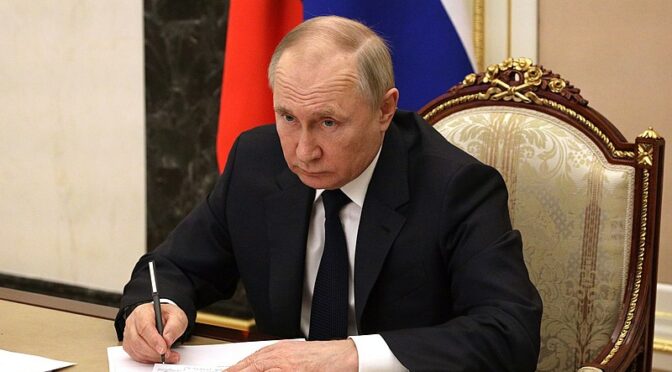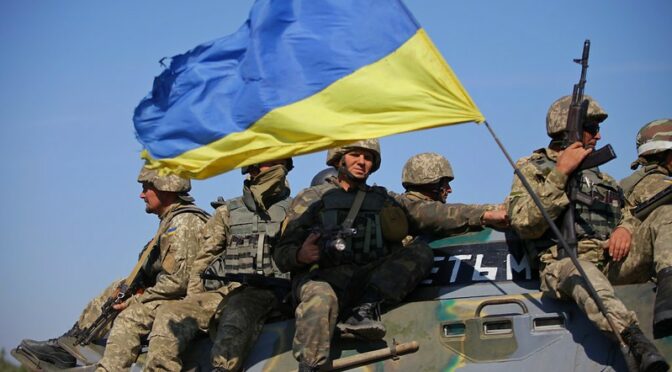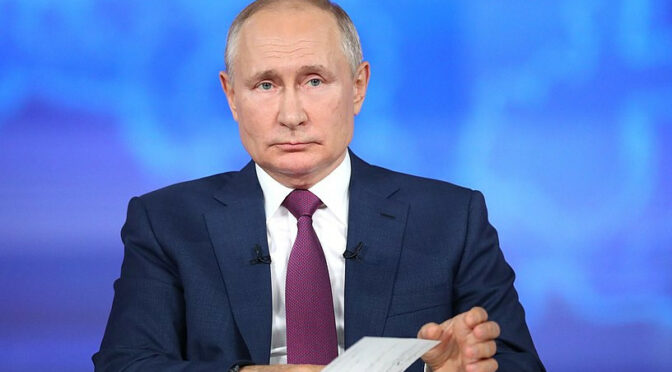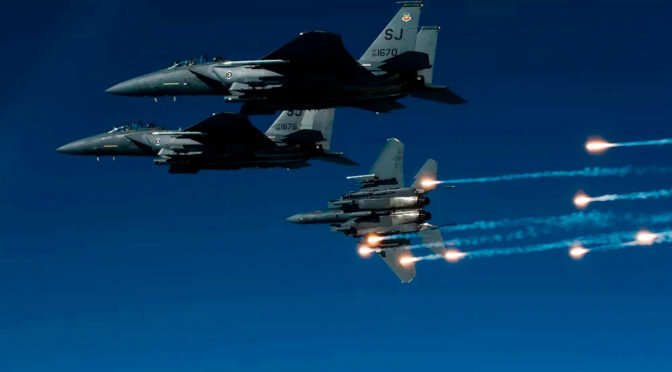Article published in The Daily Telegraph, 22 April 2023. © Richard Kemp
On Wednesday the European Parliament voted to set up a new force of 5,000 troops to allow the EU to ‘respond decisively … in order to assert itself as a credible security and defense actor’. The plan is to start exercising this year and have full operational capability by 2025.
This amounts to nothing more than another military white elephant. Even its name – the Rapid Deployment Capability – smacks of bureaucratic impotence. And the very idea is absurd: given the wide array of national self-interests and often fundamentally diverging geopolitical priorities among member nations, its deployment would inevitably be met with opposition by one country or another, even if – as is planned – there was no need for agreement from all members. You just have to look at the dithering and division in the EU when Putin invaded Ukraine, which was a black and white case compared to pretty much any future conflict scenario: Germany initially sent only combat helmets to help Kyiv in its hour of need, and for months vetoed plans by other countries to donate German-manufactured tanks and other lethal weapons. So much for responding decisively.
Underlining the nonsensical thinking behind this plan, Brussels has actually had such a force at its disposal since 2007, the EU Battlegroups, each 1,500 strong and intended for exactly the same purpose as is now proposed. But they have never once been used despite several compelling opportunities to do so over those years. As the EU itself admits: ‘Issues relating to political will, usability, and financial solidarity have prevented them from being deployed.’
This latest Brussels vanity project could be dismissed as just another waste of EU taxpayers’ money, but it has much more serious consequences. It is the latest of many attempts to create an EU army through the back door. That would be a disaster: centrally controlled, languid, neutered by 1,001 national caveats and pulled in a hundred different directions. Had an EU army been responsible for arming and training Kyiv’s forces then Ukraine would have collapsed. Continue reading

